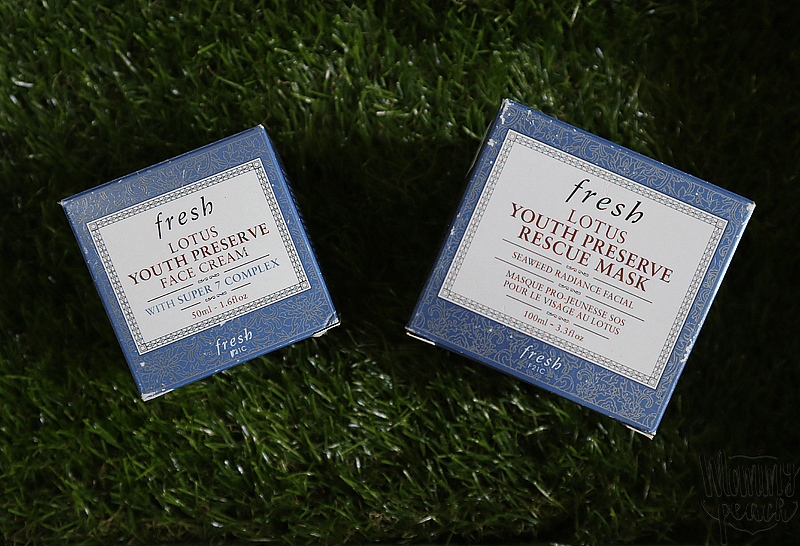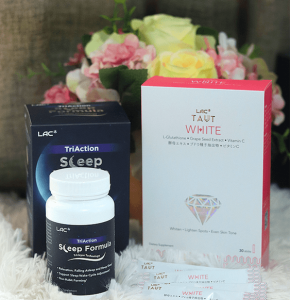Looking good and feeling good are primary concerns for many women throughout the world, understanding that to be attractive and healthy will bring a better quality of life. However, with so much information available on how to keep skin hydrated and keep weight off problem areas, to name just a few, it can be difficult to know which advice is good.
Knowing What’s What
Why are we so image-conscious? Does it really matter in the great scheme of things what we look like? Of course it does. What we look like – say, if we feel pretty one day, or worse, ugly another – has a direct impact on our mood, self-esteem, and confidence. For example, being overweight can lead to a woman wearing baggy, unattractive clothes, believing that these will hide and not draw attention to those excess pounds, but it can also lead to thoughts that they are not worth anyone’s attention; after all, why would anyone bother looking at a great fatty lump of flesh?
While beauty is in the eye of the beholder, it is undeniable that we all have certain stereotypical ideas of what makes a person beautiful. Not carrying excess weight is one of the most common ideas of beauty, but this idea also has a health benefit. It is simply unhealthy to be overweight or obese, so it makes sense to keep ourselves at an ideal weight.
The world of business certainly understands our need to look and feel good. The beauty industry in America alone – and this does not include the health industry – is estimated to be worth more than $62 billion during 2016, and is the largest in the world. As another example, the weight loss industry in America is worth only slightly less at around $59 billion.
These industry values show just how much we are willing to invest in making ourselves look and feel good. In terms of beauty, often the real problem is not being able to find suitable cosmetics, but in having too much choice. With so many different products available, it is difficult to know which will suit your skin, your lifestyle, and your appearance preferences. To work this out, you need to be able to find out basic information, such as which face powders and foundations suit your skin tone, how to apply eyeshadow for different effects, such as “day” eyes and “night” eyes, and how to achieve a natural look.
The internet is usually the first place that we all turn to for information, but you should be careful of where you find these beauty tips. Ensure that your sources are reputable providers of beauty tips, and keep an eye out for interesting health news that may alert you to problems with existing products or bring new products to your attention.
Perhaps some of the best advice that you can receive concerning beauty will come from the big cosmetic names that have been in the business for decades. L’Oréal, for example, has a huge makeup empire, and on its website, you can find information about current makeup trends, How-to articles, and tools for determining your skin tone. For more personal advice, you could subscribe to blogs written by makeup artists or professional models. If you prefer advice from people who adopt a more natural approach to beauty, you could read the blogs and visit the websites of companies that use organic ingredients in their products or who suggest natural remedies for beauty problems. For more hands-on advice, visit the beauty counters in department stores and ask questions of the brand’s representative. They will know the brand’s products inside out and will be able to advise you on what will work best for your skin and coloring.
For health advice, it is best to consult with medical professionals directly, whether that be the doctor that you are registered with or a qualified chemist in your local drugstore. The internet can be a scary place when it comes to information about health issues that you believe you may have, offering advice that is not always safe, or suggesting that you have some ailment that you do not, so always go to a reputable online site such as WebMD or governmental websites when sourcing information, rather than forums where only opinions and not facts are put forward.
When trying to find out what beauty products work best for you, and remedies or treatment for ailments and illnesses, it is always best to go to the people and organizations who know best, whose business it is to make beauty products, and who are trained to make medical diagnoses and suggest suitable treatments.












